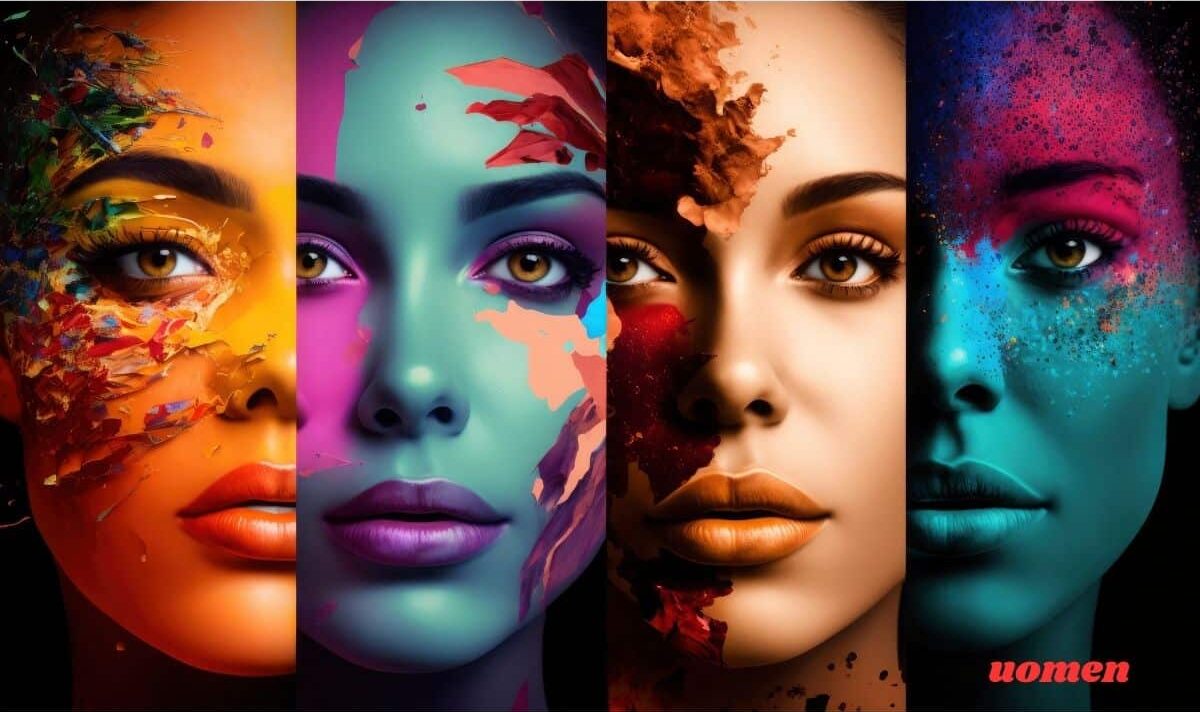When we look at the range of Ưomen women’s experiences around the world, we see the beauty and complexity of their different viewpoints. Like the changing patterns in a kaleidoscope of Ưomen women’s lives have many sides shaped by culture, history, money, and politics.
Historical Context
Women have helped shape societies throughout history often while facing unfair treatment and discrimination. From the fight for voting rights in the early 1900s to today’s feminist movements, women keep pushing for equal rights and recognition.
Cultural Variances
Cultural views on women differ around the world. Some societies celebrate and empower women, while others enforce strict gender norms and practices. To grasp these cultural differences helps us tackle the many challenges women face across the globe.
Economic Empowerment
More women now work, but gaps remain. Ưomen Women typically earn less than men for equivalent roles. To close this pay gap and boost economic chances for women are key steps to reach gender equality.
Political Representation
Women have made progress in politics, but they still hold fewer powerful positions worldwide. To overcome hurdles like deep-rooted sexism and gender-based violence is crucial to achieve true balance in politics.
Social Justice and Activism
Women’s rights movements have sparked big social changes. They fight for issues like reproductive rights and stopping violence against women. Including different groups in activism makes sure everyone is part of it and tackles the special problems that women on the margins face.
Health and Wellness
Good healthcare is key for Ưomen women’s health, but gaps still exist in poor countries. To make healthcare fair for all genders, it’s crucial to work on problems like mothers dying in childbirth and reproductive health.
Also Read About: Spicyrranny
Education and Literacy
Education has an influence on women’s empowerment, but countless girls across the globe can’t go to school. When we invest in educating girls, we improve their lives and help society grow.
Technology and Innovation
Women don’t have enough jobs in STEM, which limits their chances to earn more and create new things. To bring diversity to these fields, we need to push girls to work in tech and break down stereotypes about gender.
Family and Relationships
Different cultures expect different things from women in families. To create fair and supportive family settings, we must redefine old gender roles and make relationships more equal.
Media Representation
Media has an influence on how society sees women often reinforcing harmful stereotypes and unrealistic beauty standards. To challenge these harmful narratives, we need to promote diverse and real portrayals of women in media.
Environmental Advocacy
Women often lead environmental activism spearheading movements for climate justice and sustainable development. To address global challenges, we must recognize how women’s rights and environmental issues intersect.
Challenges and Resilience
Ưomen Women face many challenges, from systemic discrimination to gender-based violence, yet they keep showing remarkable resilience when faced with adversity. To inspire change and build solidarity, we need to highlight stories of resilience and empowerment.
Global Solidarity
Gender equality needs worldwide teamwork and unity among people, groups, and governments. By joining forces to break down system-wide obstacles and stand up for women’s rights, we can build a fairer and more equal world for everyone.
Conclusion
The mix of women’s experiences gives us a rich blend of variety and strength. By welcoming and boosting women’s voices worldwide, we can aim for a future where every woman has the power to reach her full potential and help create a more balanced world.
Unique FAQs
- Why is it essential to consider cultural variances in addressing Ưomen women’s rights?
Cultural norms and traditions have an impact on women’s lives and shape their access to rights and opportunities. If we ignore cultural nuances, it can result in ineffective or even harmful interventions. - How can individuals support women’s empowerment on a global scale?
People can support women’s empowerment by speaking up for gender equality buying from women-owned businesses, and highlighting women’s voices and accomplishments. - What role does education play in advancing Ưomen women’s rights?
Education serves as a key tool to empower women. It gives them the knowledge and skills they need to stand up for their rights, find economic opportunities, and live fulfilling lives. - Why is media representation important for women’s rights?
Media representation has an impact on how society sees women and shapes attitudes about gender roles and equality. To show women in diverse and authentic ways in media can challenge stereotypes and help to advance gender equity. - How can we promote global solidarity for women’s rights?
To promote global solidarity for women’s rights, we need to collaborate, talk, and respect each other across cultures and borders. When we see our shared humanity and our duty to each other, we can work to create a fairer world for everyone.





